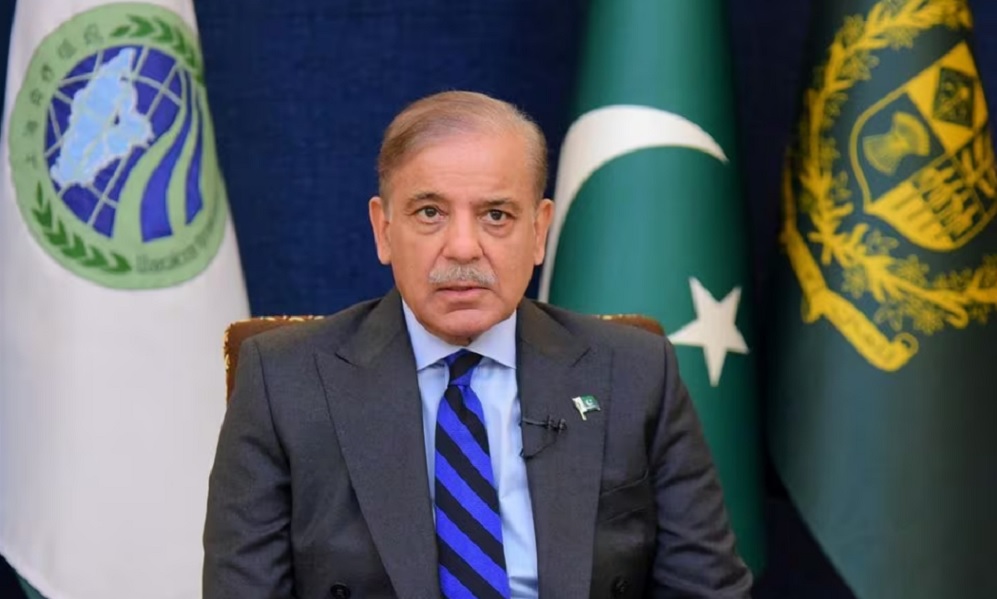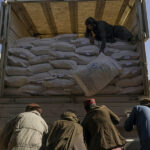Shehbaz Sharif, returning as Pakistan’s prime minister for a second time on Sunday when his brother declined a fourth term, has played a crucial role holding together a disparate coalition for 16 months after rival Imran Khan was ousted.
Sharif, 72, won a parliamentary vote for premier, resuming the role he had held until August when parliament was dissolved ahead of last month’s elections. Pakistan has had a caretaker government since then.
He was named by his party and coalition allies to head the South Asian nation, despite his elder brother Nawaz Sharif winning a seat in the assembly and being favourite to be sworn in again.
Nawaz Sharif did not want to run a minority coalition government, having had clear majorities in his three previous stints as prime minister, his daughter Maryam said in a post on X.
The brothers’ Pakistan Muslim League-Nawaz (PML-N) party won only 80 of the 264 seats up for contest in the elections but was supported by other parties for a majority.
In addition to holding the coalition together after Khan was voted out in 2022, Shehbaz Sharif helped Pakistan secure a last-gasp International Monetary Fund (IMF) bailout last year.
He regained the top job as the PML-N buried differences with the powerful military in the face of their common rival, Khan, who was at odds with top generals over policy differences.
At the time, Nawaz Sharif was in self-imposed exile in London and disqualified from holding public office. He returned to Pakistan in October.
Before his stint as prime minister, the younger Sharif was known more as an administrator than a politician, having served as chief minister thrice in the country’s largest province, Punjab.
But as prime minister, he quickly took on the role of peacemaker between coalition parties often at odds with one another over key policies.
Shehbaz Sharif’s biggest achievement in his short tenure was clinching the IMF bailout with Pakistan on the brink of a debt default. The deal was signed after Sharif personally called on IMF chief Kristalina Georgieva in June.
However, under his government, inflation touched a high of 38% with record depreciation of the rupee currency – mainly due to structural reforms necessitated by the IMF programme to stabilise the economy.
He blames the economic meltdown on Khan’s government, which he says broke an agreement with IMF just before he was ousted. Sharif said his government had to introduce a slew of reforms and scrap subsidies, causing inflation to surge. – Reuters













